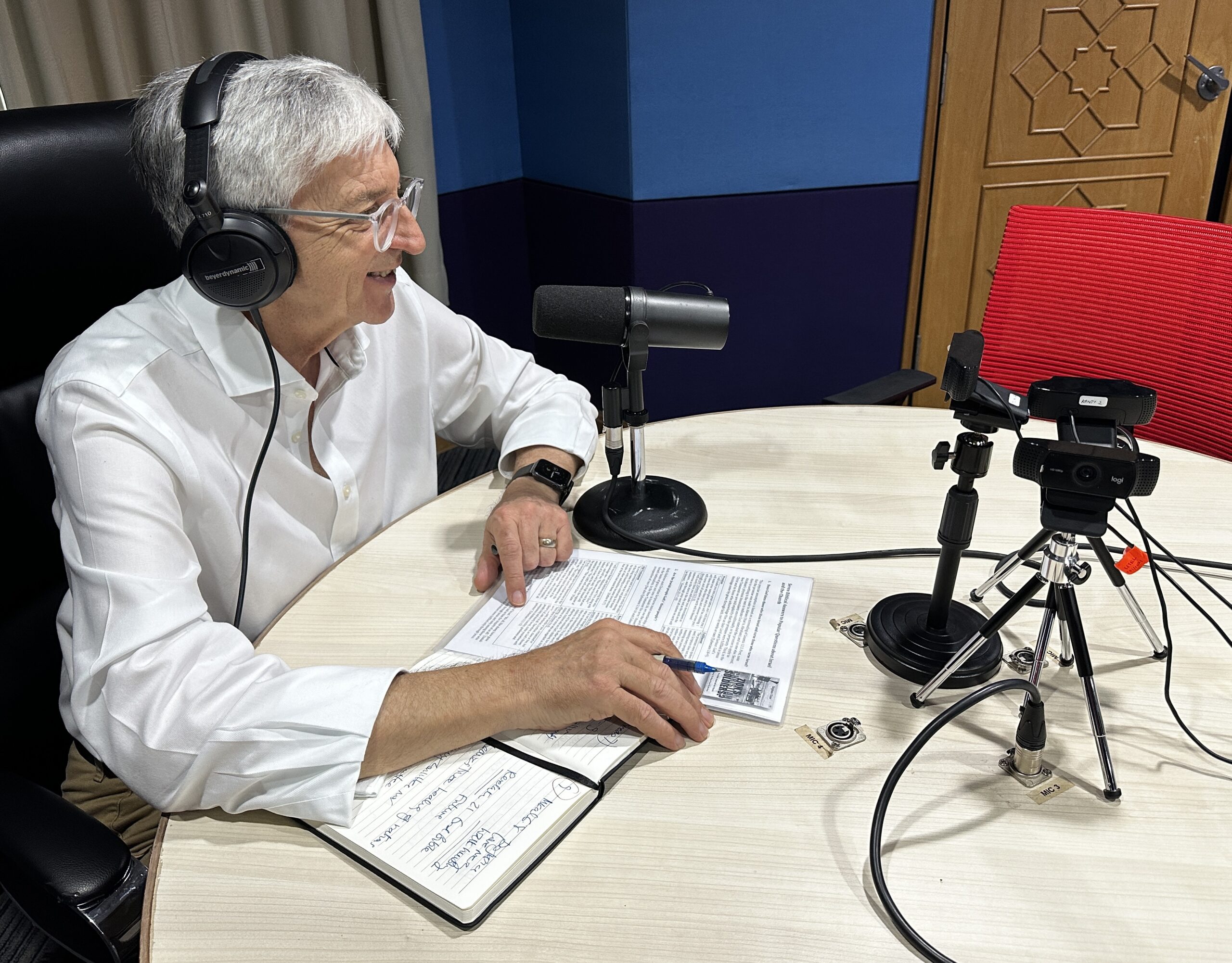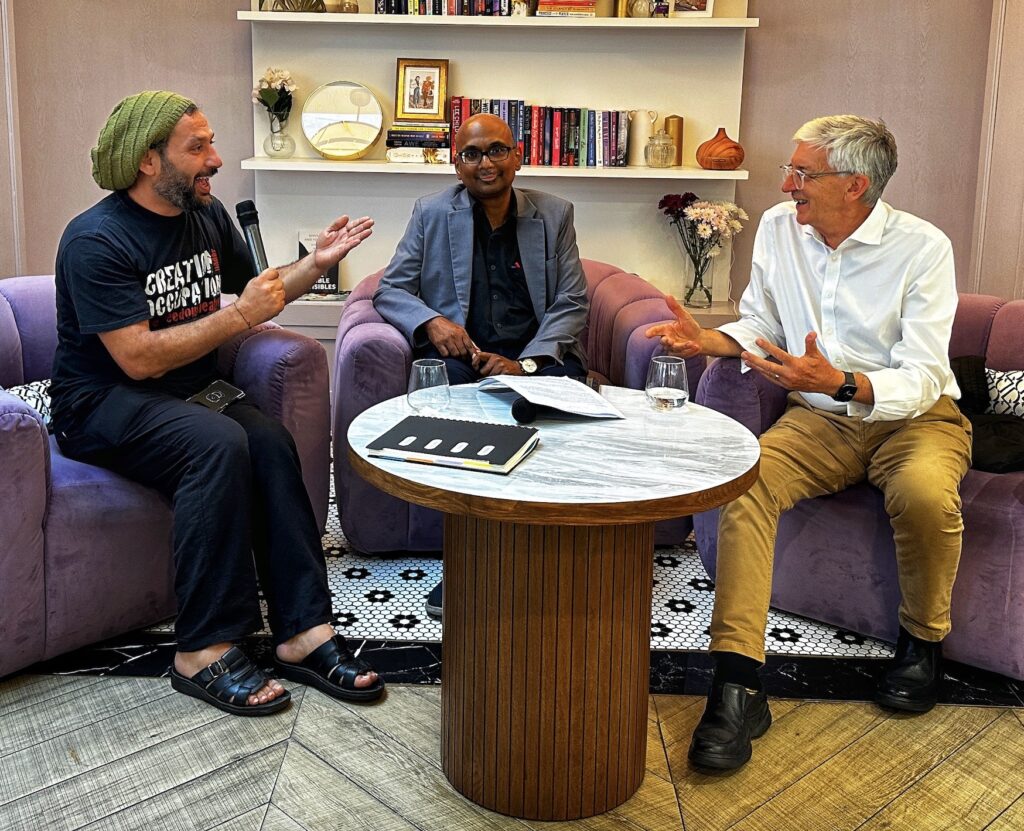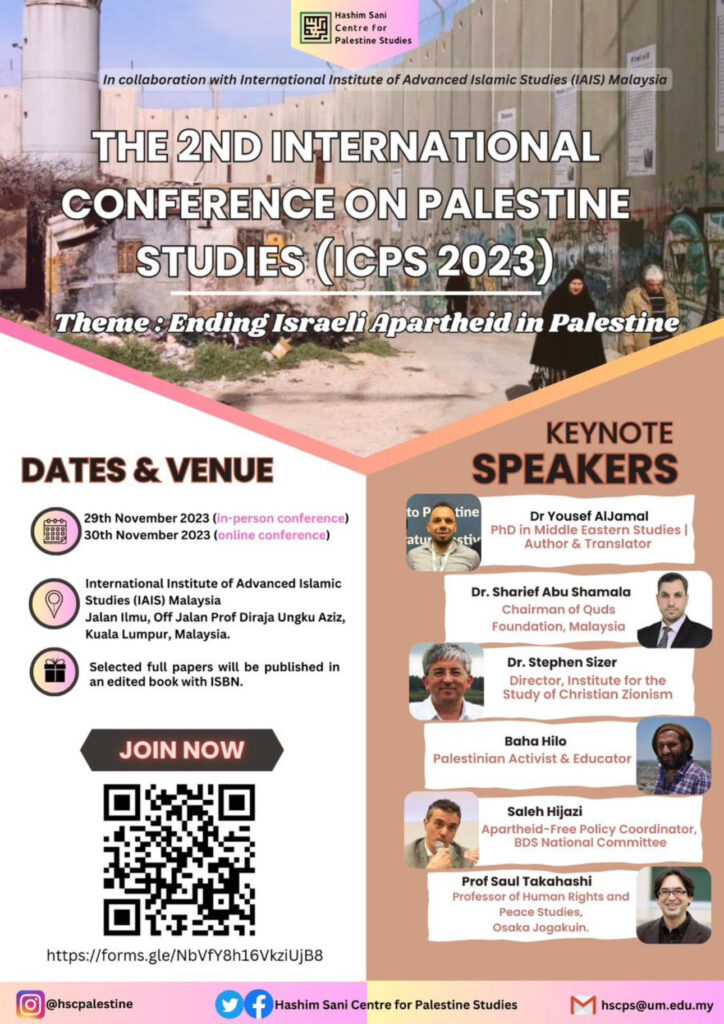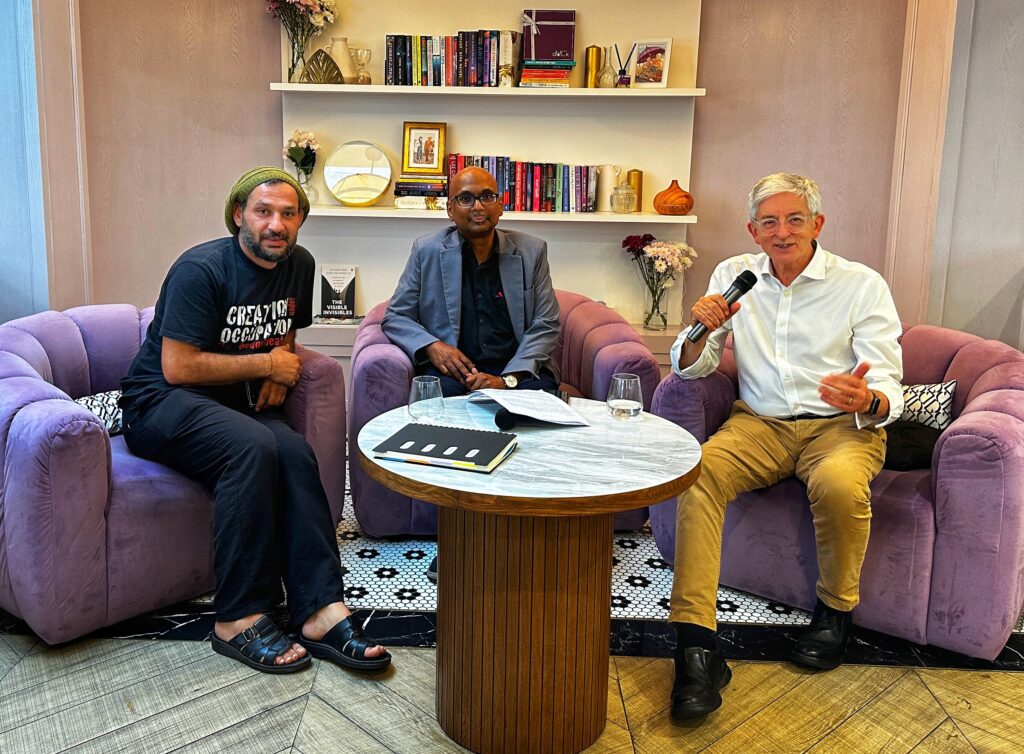
Jesus of Palestine: In conversation with Chris Williamson and David Miller on Palestine Declassified for Press TV. View the interview here:
What’s your view on Jesus’ politics?
In his first sermon Jesus announced his political agenda.
“The Spirit of the Lord is on me,
because he has anointed me
to proclaim good news to the poor.
He has sent me to proclaim freedom for the prisoners
and recovery of sight for the blind,
to set the oppressed free, to proclaim the year of the Lord’s favour.”
Then he rolled up the scroll, gave it back to the attendant and sat down. The eyes of everyone in the synagogue were fastened on him. 21 He began by saying to them, “Today this scripture is fulfilled in your hearing.” (Luke 4:18-21; Isaiah 61:1-2)
The prophet Isaiah is referring to the coming of the Messiah to announce the Year of Jubilee (which occurred every 50 years). When debts were cancelled, all slaves were freed and any property sold was returned to each family. It was intended to avoid extremes of wealth and poverty, and ensure justice, liberty, and equality. Jesus insists the Jubilee had come because the Sovereign King had now arrived. Jesus political agenda therefore was to transform a deeply divided and unjust world and bring liberty, equality and fraternity, in a right relationship with the one true God and one another. Although this will ultimately only be fully realised in heaven, we get to demonstrate a foretaste by the way we treat one another.
Continue reading











